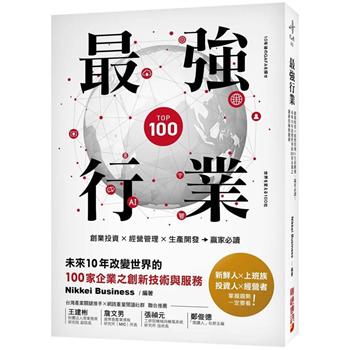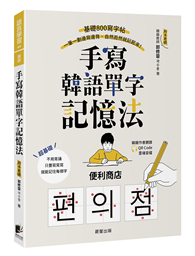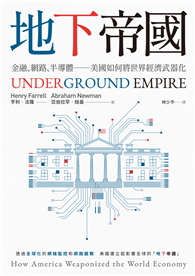The Power to Persuade provides an innovative and eye-opening analysis of strategic arguing as a means of power in global politics. Based on an empirical case study of arguing processes in the World Trade Organization (WTO), the book shows how discursive contexts, institutional norms and procedures, and unequal human resources condition who has the power to persuade.
While accounts of arguing in international relations are typically based on a notion of arguing as a power-free mode of interaction oriented towards understanding, Angela Geck shows how such an approach precludes the question of persuasive power. Drawing on in-depth interviews with Geneva diplomats and a document-based analysis of the negotiations on two Doha Round issues, the book examines the practices governing strategic arguing in the WTO and uncovers two sources of persuasive power: firstly, prevalent discourses and connected regime norms empower some actors over others; secondly, their ability to debate is conditioned by exclusionary procedures and unequal human resources.
Offering a grounded theory of strategic arguing in trade politics, The Power to Persuade presents a novel analysis of the relationship between arguing and power.












